Understanding Nikola Tesla's Rejection of Relativity Theory
Written on
Chapter 1: The Context of Tesla's Rejection
Recently, I had a conversation with an engineer who, due to ideological beliefs, firmly rejected the theory of relativity despite struggling with its concepts during his physics studies. After his arguments were thoroughly countered, he claimed, “Why should I listen to you when Nikola Tesla himself deemed the theory of relativity incorrect?”
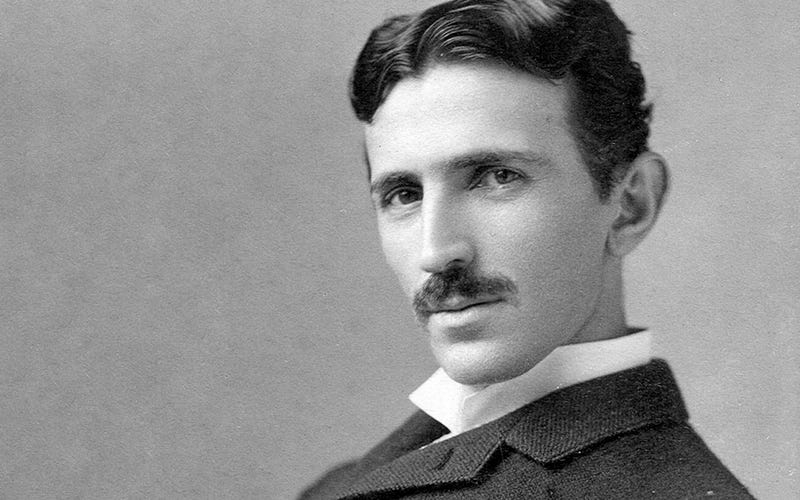
Indeed, while I don’t insist that anyone must heed my perspective, I will delve into why Nikola Tesla dismissed the theory of relativity. Primarily, Tesla was a product of his era—a dedicated electrical engineer. The ether theory prevalent in the 19th century aligned well with his interests and was intuitive, offering a straightforward explanation for the phenomena he explored.
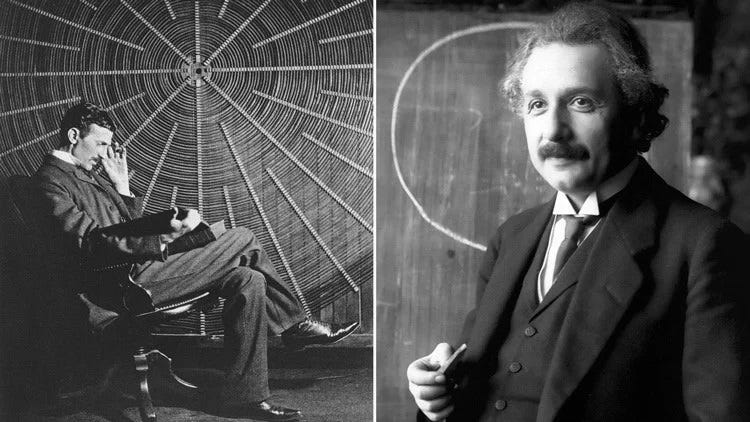
The fundamental intuitiveness of earlier physics is a significant factor behind the skepticism surrounding relativity and quantum mechanics. Both of these fields often defy common sense and rely heavily on mathematical equations. When intuitive notions conflict with mathematical results, the latter must be trusted, a concept Tesla struggled to accept.
Chapter 2: Tesla's Understanding of Mathematics
Tesla's inability to embrace relativity might stem from a simple truth: he could not grasp its complexities. During his time at Graz University of Technology, he was not exposed to crucial mathematical concepts like tensor calculus or Riemannian geometry, which are essential for understanding relativity. Moreover, Tesla's work in electrical engineering did not necessitate knowledge of such advanced mathematics, making it unlikely he encountered these ideas prior to the introduction of relativity.
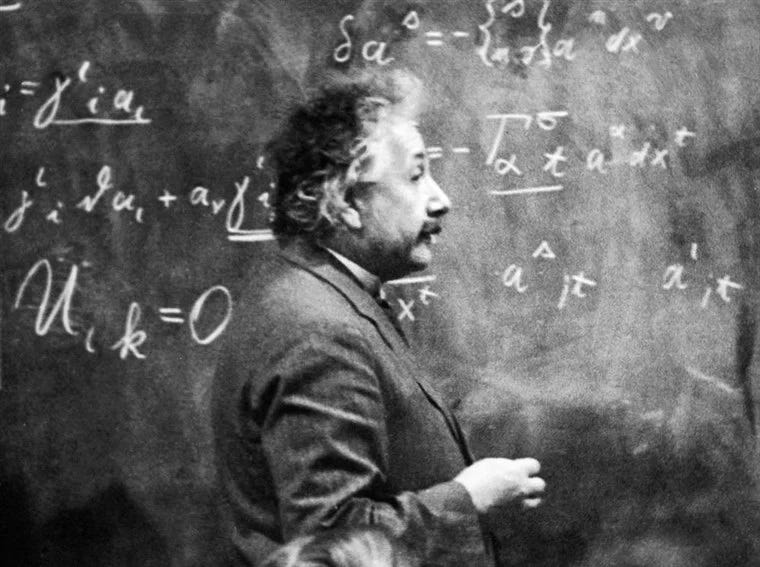
By the time Einstein published his general theory of relativity, Tesla was already 60 years old. His perspective on relativity could be summed up as: “If I, being intelligent, cannot understand it, then it must be nonsense.”

Although Tesla is celebrated as a cult figure and made significant contributions to practical electromechanics, his scientific contributions are relatively limited. His only notable recognition in the field of physics is the naming of the unit of magnetic field induction after him, as he did not formulate any fundamental laws or equations.
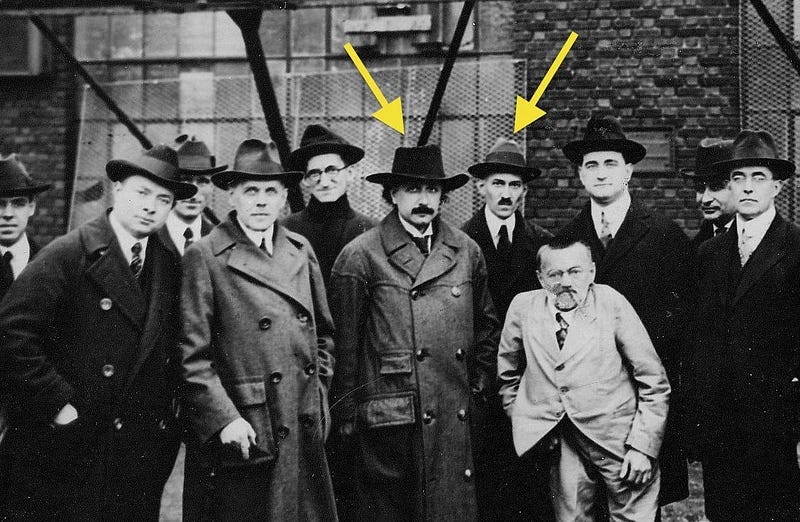
Tesla often claimed to be developing his own gravity theory based on ether concepts, yet he never published any findings despite reiterating his intentions over the years. His critiques of relativity were largely philosophical rather than scientific.
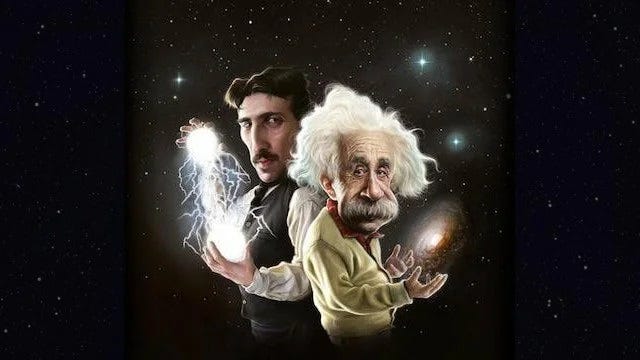
Consequently, the fact that Nikola Tesla rejected the theory of relativity holds little sentimental weight among contemporary physicists. Many have struggled with the necessary mathematics to comprehend it, and Tesla was not unique in this regard. The findings from experiments consistently support relativity, and no one has yet devised a test capable of undermining its validity.
The first video titled "TESLA on Einstein, & AGAINST Relativity & Space Time" discusses Tesla's views on Einstein and the relativity theory, providing insight into his philosophical stance.
The second video, "What Tesla said about Einstein. Atomism VS. Ether," explores Tesla’s assertions regarding ether theory and its contrast with Einstein's theories.
In conclusion, while the theory of relativity is not without its challenges, it remains the most reliable framework for understanding gravitational interactions at a macro level.